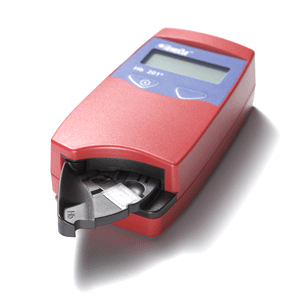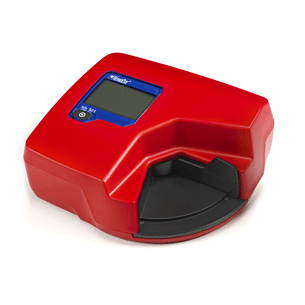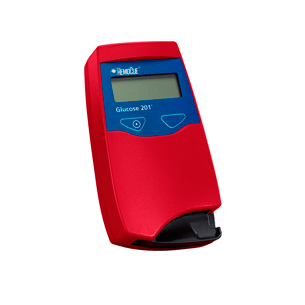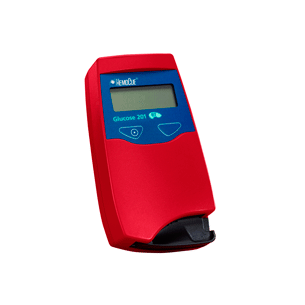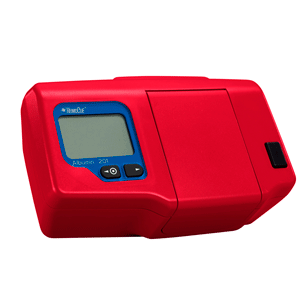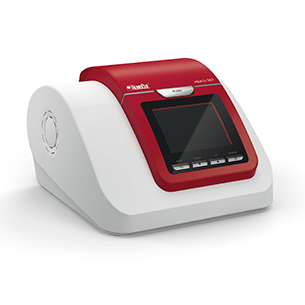Public health refers, according to WHO, to all organized measures (whether public or private) to prevent disease, promote health, and prolong life among the population as a whole. Its activities aim to provide conditions in which people can be healthy and focus on entire populations, not on individual patients or diseases This is why activities under the public health umbrella usually is being referred to as screening programs.
In the same sense as diabetes is common in the developed world, anemia, due to various reasons, presents a major public health burden in many developing countries. Pregnant women and preschool children are especially at risk, and untreated it may have devastating effects on the prosperity of an entire society. In order for us to be able to reach United Nations' Sustainable Development Goals, actions need to be taken. These actions have to be designed in a holistic way. Child mortality is decreasing in many countries due to well executed immunization programs – now we need to make sure that these children not only survive – but thrive. It is a fact that in some countries children growing up healthy are in a minority.
There are symptoms, like anemia, through many different causes, malaria, malnutrition, HIV, AIDS, sickle cell anemia etc. If we start to see beyond just one diagnosis and look at the person, that person may have a higher chance to thrive, as does the society in which he/she lives. But we need to deal with the anemia and treat its cause and monitor its progress.
The next question would be, so where do we start? Where do we make the most impact? It really starts within the first 1000 days of a baby’s life. That is when to some extent, his or her future is being set. A healthy pregnant mother with no anemia will have a better chance to give birth to a healthy baby and to take good care of that baby. Without anemia at birth that baby will have higher chance to not only survive – but thrive. With HemoCue we can make it easy to detect those at risk and take action. By providing access to accurate screening tools whether in hospital or in the field, for the public health related programs, you can protect the children who will be shaping our future. Wherever they are. One drop of blood in combination with HemoCue point-of-care testing systems can make a difference.
Solutions at hand
HemoCue point-of-care testing systems give quick and reliable results with laboratory quality for Hb, glucose, HbA1c and urine albumin. The analyzers are small and portable which makes them ideal for use in mobile blood and urine collection units. With these systems at hand, you have a useful portfolio of tools to manage the following at the point of care:
- Detection and monitoring of anemia
- Detection and monitoring of diabetes
Detection and monitoring of microalbuminuria


